
| 트랙 | 3:00 | ||||
| 트랙 | 3:00 | ||||
| 트랙 | 3:00 | ||||
| 트랙 | 3:00 | ||||
| 트랙 | 3:00 | ||||
| 트랙 | 3:00 | ||||
| 트랙 | 3:00 | ||||
| 트랙 | 3:00 | ||||
| 트랙 | 3:00 | ||||
| 트랙 | 3:00 | ||||
| 트랙 | 3:00 | ||||
| 트랙 | 3:00 | ||||
| 트랙 | 3:00 | ||||
| 트랙 | 3:00 | ||||
| 트랙 | 3:00 | ||||
| 트랙 | 3:00 | ||||
| 트랙 | 3:00 | ||||
| 트랙 | 3:00 | ||||
| 트랙 | 3:00 | ||||
| 트랙 | 3:00 |
클래식 로열티 프리 음악
클래식 음악은 가장 오래되고 가장 존경받는 음악 장르 중 하나입니다. 이러한 시대를 초월한 작품을 연주하는 숙련된 교향악단보다 더 큰 임팩트를 가진 사운드는 거의 없습니다. 이러한 유형의 음악은 영화 음악에도 특히 유용하며 로열티 없는 클래식 음악에 액세스하는 방법을 아는 것은 모든 제작자의 무기고에 귀중한 도구가 될 수 있습니다. Mubert의 무작위 클래식 음악 생성기 기술을 사용하면 사용자가 원하는 대로 즐기고 사용할 수 있는 거의 무한한 클래식 작품이 있습니다. 클래식 장르에 대해 조금 더 깊이 파고들어 로열티 없는 클래식 음악이 제작자에게 제공하는 진정한 가치와 이점을 알아보겠습니다.
일반 클래식 음악
대부분의 사람들은 클래식 음악이 스타일이나 음향적 속성이 아닌 특정 기간에 의해 정의된다는 사실을 모릅니다. 클래식 음악은 1750년에서 1820년 사이에 만들어진 모든 교향곡 작품입니다. 이 기간은 하이든과 모차르트와 같은 작곡가의 음악과 베토벤의 카탈로그 대부분을 담당했습니다. 그러나 클래식 음악에는 코플랜드, 바그너 또는 드뷔시의 작품이 포함되지 않습니다. 이러한 분류에도 불구하고 이러한 모든 아티스트가 Classical MPR과 같은 인기 있는 클래식 음악 플랫폼에서 연주하는 것을 종종 들을 수 있습니다.
"클래식 음악"이라는 이름은 19세기 초에 처음 생겨났지만, 이 기간 동안 다른 음악 표준을 많이 채택할 정도로 엄청난 인기를 얻었습니다. 세기 후반에는 바로크와 낭만주의 시대 장르가 발전했고, 이는 궁극적으로 클래식 음악의 범주에 속했습니다. 바흐, 베를리오즈, 브람스와 같은 유명 작곡가의 작품이 이 카탈로그에 실렸고, 스트라빈스키와 슈톡하우젠과 같은 20세기 작가도 클래식 음악 아카이브에 자리를 잡았습니다. 이처럼 매우 다른 사운드의 작곡이 어떻게 모여 오늘날 우리가 알고 있는 클래식 음악 장르를 형성했는지 이해하기 쉽습니다.
현대의 창작자들은 재정적 제약과 창작적 야망 사이에서 균형을 맞추려고 노력하면서 약간 갈등을 겪습니다. 종종 창작자들은 블로그, 단편 영화, 라디오 쇼 또는 팟캐스트와 같은 프로젝트에 사용할 클래식 스톡 음악이 끊임없이 필요하다는 것을 알게 됩니다. 안타깝게도 많은 사람들이 특히 예산 제한이 있는 상황에서 음악에 돈을 지불해야 한다는 전망에 낙담합니다. 이런 상황에서 로열티 없는 클래식 음악이라는 아이디어는 상당히 간단하고 접근 가능한 솔루션처럼 보입니다. 저작권은 일반적으로 1세기도 채 안 되는 기간 동안 지적 재산을 보호하므로 베토벤, 모차르트, 헨델의 모든 걸작은 대중이 무료로 사용할 수 있어야 할까요? 클래식 음악에 그렇게 쉽게 접근하고 활용할 수 있을까요? 답은 간단하지 않습니다.

클래식 음악과 퍼블릭 도메인
가장 인기 있는 클래식 음악의 대부분은 수백 년 된 것이기 때문에 대부분이 퍼블릭 도메인에 들어갔습니다. 그 결과 사람들은 이 음악의 저작권이 만료되었거나 존재하지 않았으며 허가나 협상 없이 음악을 사용할 수 있다고 생각합니다. 이는 새로운 개념이지만 그렇게 쉬운 일은 아닙니다.
모든 음악 작품에는 작곡과 녹음에 대한 다른 권리가 있습니다. 그리고 대부분의 클래식 곡의 작곡(악보)은 대중이 사용할 수 있지만, 이러한 곡의 녹음은 연주하고 녹음한 사람들의 소유입니다.
대부분의 클래식 음악 녹음은 상당히 잘 보호되며 허가 없이 누군가의 작품을 사용하면 고통스러운 법정 방문과 원치 않는 경비가 발생할 수 있습니다. 표준 미국 저작권법은 저작권이 갱신되지 않는 한 녹음물을 28년 동안 보호하며, 갱신되면 추가로 67년의 보호 기간이 부여됩니다.
예를 들어, Nashville Symphony Orchestra의 베토벤 9번 녹음은 무료로 사용할 수 없습니다. 최종 녹음에 대한 기계적 저작권이 그들에게 있기 때문입니다. 1967년에 발매되어 모든 저작권 제한이 없는 바흐 작곡 녹음을 찾았을 수도 있지만 여전히 잠재적인 문제에 직면할 수 있습니다. 대신, 음악가 팀을 고용하여 작곡을 처음부터 다시 녹음해야 합니다.
클래식 음악과 같은 밀도 있고 복잡한 장르의 경우, 이는 일상적인 창작자에게는 너무 많은 비용이 들 수 있습니다. 그리고 이러한 작품을 직접 재창조할 기술, 시간, 에너지를 가진 사람은 거의 없습니다.
로열티 프리 클래식 음악 라이선스 방법
음악 라이센싱 입문서
가장 전통적인 형태의 음악 라이선싱은 매우 복잡한 규칙과 구조를 가지고 있습니다. 클래식 음악을 어디서 어떻게 라이선싱해야 하는지 이해하려면 전체 시스템이 어떻게 작동하는지 알아야 합니다. 여러분을 위해 프로세스를 단순화해 보겠습니다.
앞서 논의했듯이 라디오, 영화 또는 다른 형식으로 듣는 모든 노래는 저작권이 있습니다. 즉, 누군가가 그 노래를 소유하고 있으며 어떻게 사용할지 결정할 완전한 권리가 있습니다. 또한 노래의 소유자는 노래를 사용하여 얻은 모든 수익에 대해 로열티를 받을 자격이 있습니다. 허가 없이 저작권이 있는 노래를 사용하는 것은 불법입니다.
모든 녹음에는 두 가지 유형의 저작권이 있습니다. 마스터 저작권과 작곡 저작권입니다. 마스터 저작권은 실제 최종 녹음 파일을 보호하는 반면, 작곡 저작권은 노래를 구성하는 창의적인 아이디어를 말합니다. 이러한 아이디어에는 가사와 작곡가가 만든 특정 샘플, 사운드 및 표기법이 포함될 수 있습니다. 두 저작권 모두 한 명 또는 여러 사람이 소유할 수 있습니다.
음반사와 공연자는 일반적으로 마스터 저작권을 소유하고 작곡가(노래 뒤에 있는 펜과 종이)가 작곡을 통제합니다. 영화나 비디오에 사용할 노래를 라이선스하려면 모든 저작권 소유자의 허가가 필요합니다. 모두가 동의하지 않으면 거래가 취소되고 원하는 노래는 사용할 수 없습니다. 공연자 오케스트라로부터 허가를 받는 데 얼마나 많은 노력이 필요한지 상상해 보세요. 어떤 형태의 무권리 음악은 훨씬 더 합리적이고 효율적인 것처럼 보입니다.
그렇다면 크리에이티브는 어떻게 이 복잡하고 비싼 장애물을 극복하고 여전히 로열티 없는 고품질 클래식 음악으로 세계적인 수준의 작품을 만들 수 있을까요? Mubert 덕분에 간단하고 매우 저렴한 대안이 있습니다. 클래식 작곡가가 만드는 것과 동일한 클래스와 품질을 얻을 수 있지만 끝없는 서류 작업과 예상치 못한 비용의 고통은 없습니다.
프로젝트를 위한 고품질 클래식 음악 트랙 찾기
Mubert는 사용자에게 AI가 생성한 클래식 음악의 엄청나게 광범위한 컬렉션을 제공합니다. 모두 로열티와 저작권이 없습니다. 저희의 놀라운 기술은 가장 위대한 클래식 작곡가의 작품에서 정보를 수집하여 이를 사용하여 원하는 대로 사용할 수 있는 오리지널 자료를 생성합니다. 클래식 장르 외에도 신고전주의 음악과 같은 다른 많은 클래식 하위 장르와 록, 랩, 컨트리, 재즈, 힙합과 같은 스타일도 보유하고 있습니다.
저희 라이브러리의 모든 음악은 최신 인공지능 기술을 사용하여 제작 및 녹음되었습니다. 저희 셀렉션의 모든 트랙은 선명하고 깨끗하며 왜곡이 없는 사운드를 제공하며 원하는 청중을 위해 다양한 감정적 효과나 기타 반응을 맞춤 설정할 수 있습니다. 저희 클래식 음악은 MP3 및 WAV 형식으로 다운로드할 수 있으며 둘 다 놀라운 오디오 품질을 제공합니다.
공상과학 스릴러, 기업 교육 비디오 또는 다음 대형 광고를 편집하든, 저희가 귀하의 스톡 음악 요구 사항을 충족시킬 수 있는 가능성이 매우 큽니다. 음악 카테고리를 탐색하고 원하는 만큼 많은 샘플을 들어보세요. 전 세계 음악에서 영감을 받은 AI 생성 음악은 거의 무한합니다. 필요한 노래를 찾으면 노래 구매 비용과 Mubert에서 생성한 노래에 대한 모든 라이선스 비용을 지불하기 위해 합리적인 일회성 수수료를 지불합니다. 또한 거의 모든 프로젝트 단계에 맞는 이러한 트랙에 대한 간단하고 직관적인 라이선스 플랜도 제공합니다. Mubert의 클래식 음악 생성기가 고품질 로열티 프리 클래식 음악 루프와 자산을 위한 원스톱 소스가 되도록 하세요.


 사랑은 공중에 있습니다
사랑은 공중에 있습니다 인기 트랙
인기 트랙 메리 크리스마스
메리 크리스마스 새해 복 많이 받으세요
새해 복 많이 받으세요 가을 분위기
가을 분위기 광고용 음악
광고용 음악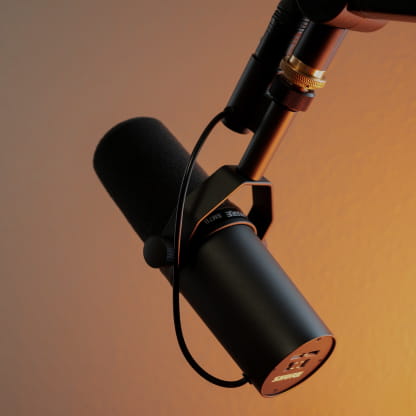 팟캐스트를 위한 음악
팟캐스트를 위한 음악 비디오용 음악
비디오용 음악 블랙 프라이데이 2024
블랙 프라이데이 2024 할로윈
할로윈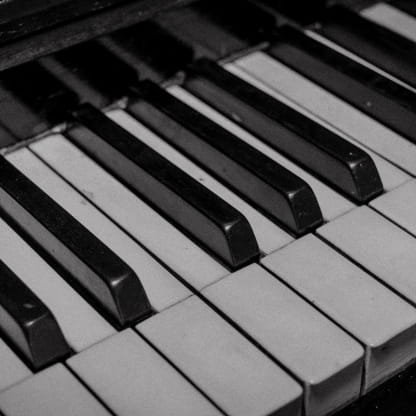 감성적인 악기 연주
감성적인 악기 연주 뷰티 블로그
뷰티 블로그 행복해지세요
행복해지세요 기분 좋은 곡들
기분 좋은 곡들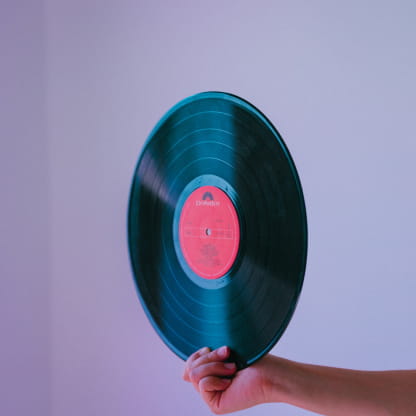 배경음악
배경음악 로파이 바이브
로파이 바이브 발렌타인 데이
발렌타인 데이 미니멀리즘 쉬크
미니멀리즘 쉬크 기업 영감
기업 영감 분위기 있는 비트
분위기 있는 비트 차분한 비트
차분한 비트 귀에 잘 들어오는 징글
귀에 잘 들어오는 징글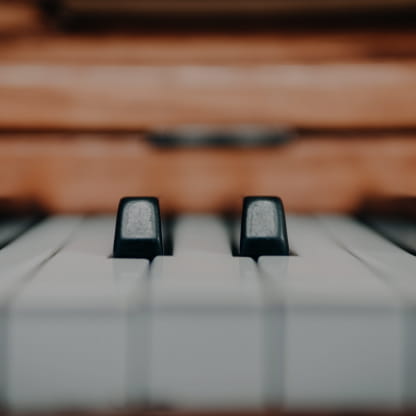 현대 클래식
현대 클래식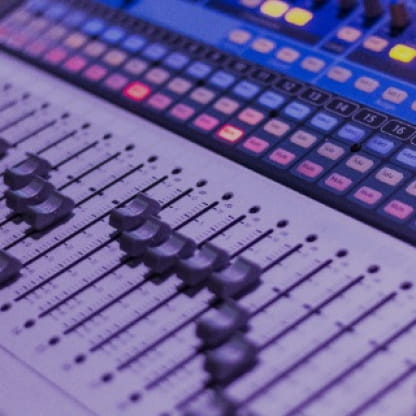 전기 액션
전기 액션 실험 예술가들
실험 예술가들 펑키 그루브
펑키 그루브 헐리우드 에픽
헐리우드 에픽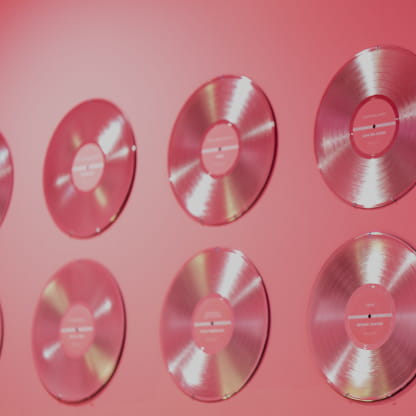 카와이 파티
카와이 파티 명상 음악
명상 음악 밈 공급
밈 공급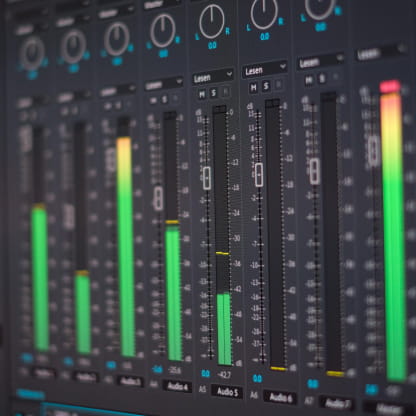 섞어보세요
섞어보세요 NFT 영감
NFT 영감 파워 업!
파워 업! 제품 사냥
제품 사냥 스마트로니카
스마트로니카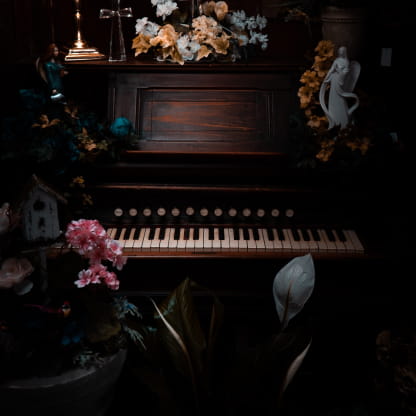 부드러운 피아노 웨이브
부드러운 피아노 웨이브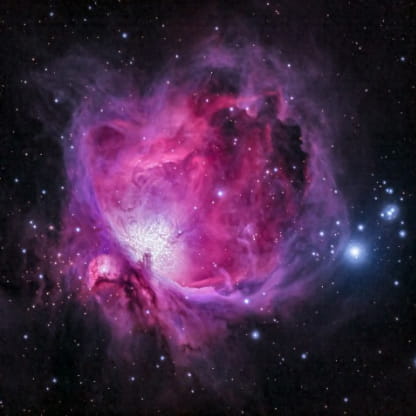 스페이스 보이저
스페이스 보이저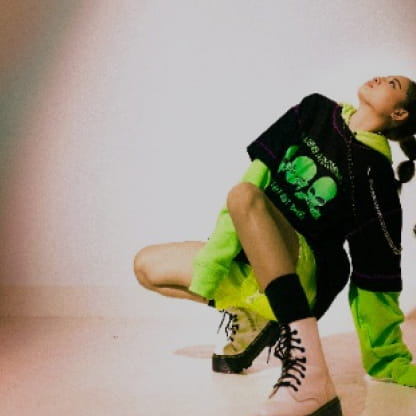 스트릿 웨어
스트릿 웨어 땀!
땀!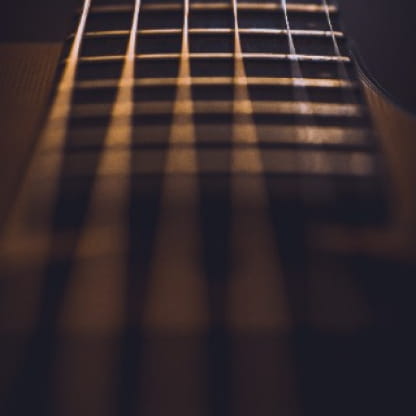 사려 깊은 기타
사려 깊은 기타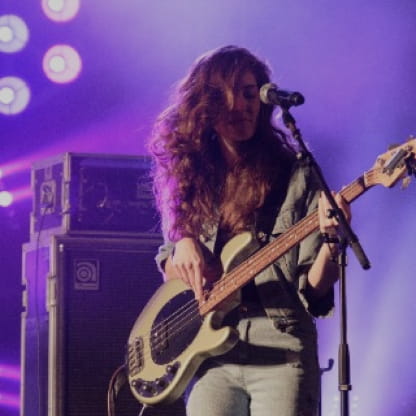 베이스를 높여라
베이스를 높여라 언컷 젬스
언컷 젬스 업비트 아티스트
업비트 아티스트 기분 좋은 분위기
기분 좋은 분위기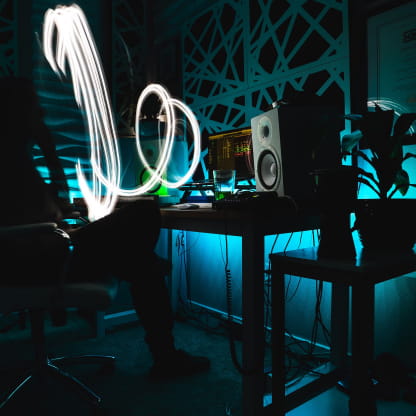 고양시키는 예술가들
고양시키는 예술가들